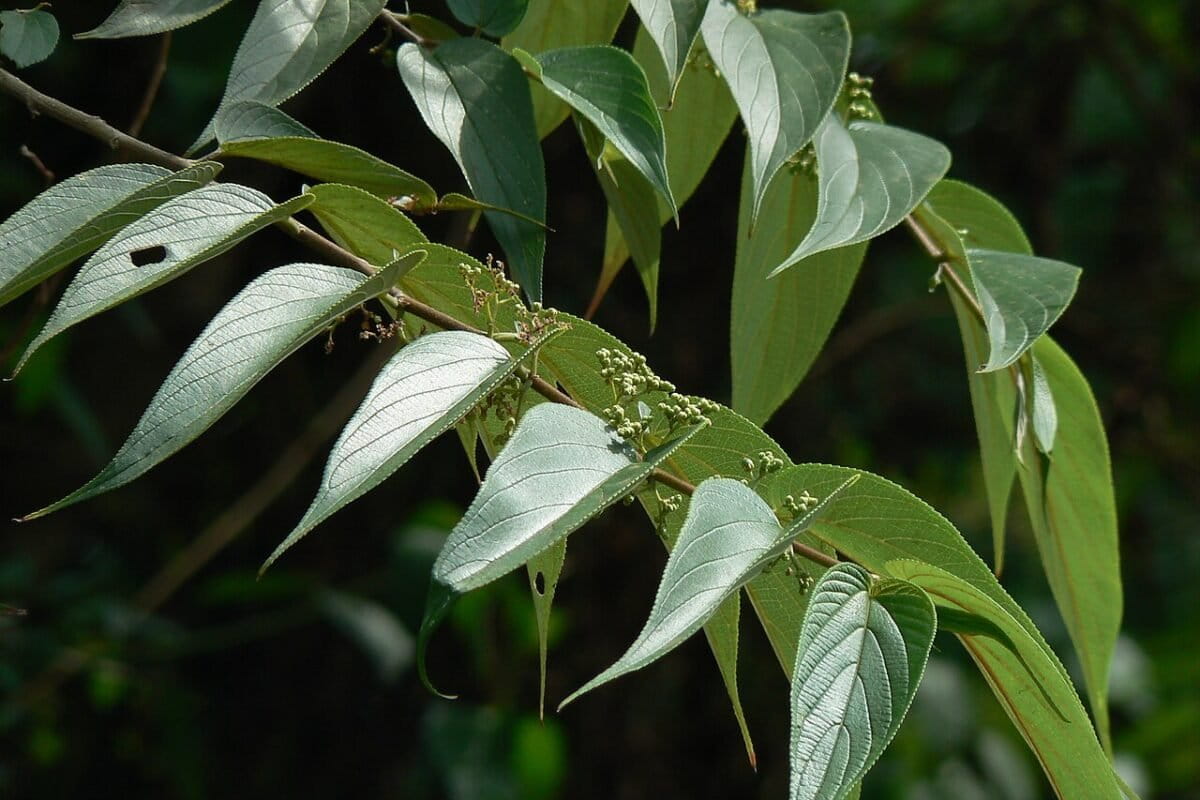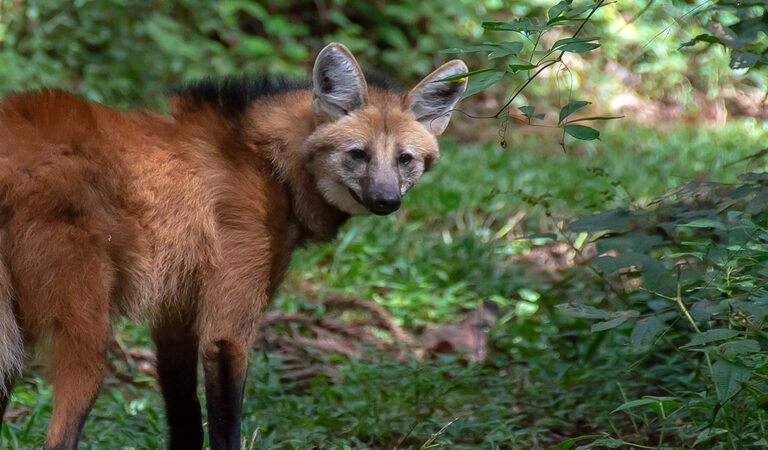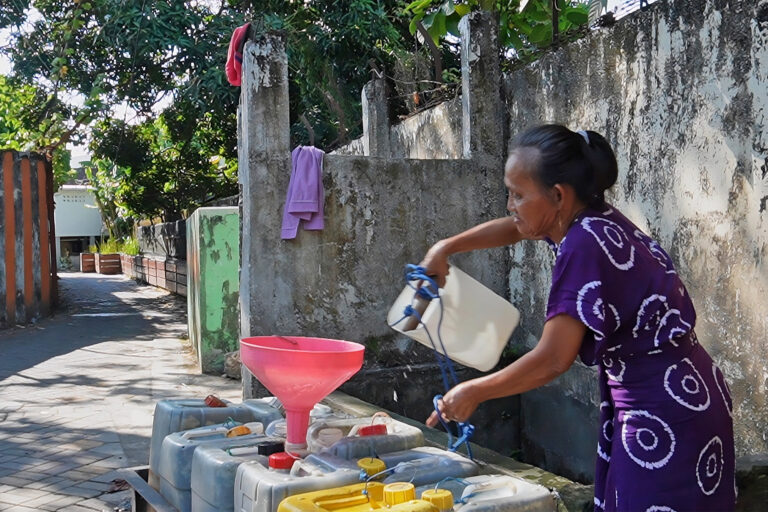At least 60 wild iguanas have been captured, sold and exported from the Galápagos Islands in Ecuador under permits that shouldn’t have been recognized since Ecuador doesn’t allow the export of live iguanas, Mongabay’s Ana Cristina Alvarado reported.
Researchers behind a recent study found that traffickers smuggle the iguanas out of the archipelago, then declare the reptiles were captive-bred in a middle country such as Mali or Uganda — even though experts say there are no legal facilities there to breed Galápagos iguanas for export. From these third-party countries, smugglers ship the animals under captive-bred permits to customers in North America, Asia and Europe for tens of thousands of dollars each.
“They are sought after because they’re unique species,” study co-author Christian Sevilla, a director at Galápagos National Park, told Alvarado.
There are four iguana species endemic to the Galápagos Islands, meaning they don’t exist in the wild anywhere else in the world.
The pink land iguana (Conolophus marthae) is listed as critically endangered, with an estimated 300 individuals living on Isabela Island.
“If someone removes 10 pink iguanas, the impact on the population would be large. We are talking about a significant percentage of the population,” said biologist Washington Tapia, one of the study’s authors.
The marine iguana (Amblyrhynchus cristatus) is the only species of iguana that spends most of its time underwater, mostly foraging for algae. The other two are the yellow land iguana (C. subcristatus) and the Santa Fe land iguana (C. pallidus). All three are listed as vulnerable by the IUCN, the global wildlife conservation authority.
Researchers still don’t know how traffickers are able to capture iguanas; it’s thought they may target juveniles, which are smaller and easier to transport. “Holding these reptiles is far from easy,” Tapia said. “They hit with their tails, and if that doesn’t work, they try to bite.”
In 2012, a German man was caught trying to smuggle four baby iguanas off the islands. In 2015, a Mexican citizen was arrested for attempting to smuggle 11 iguanas to Uganda. The study’s authors also identified recent YouTube videos and Facebook posts by traffickers containing images of the rare Galápagos species.
The international wildlife trade is supposed to be monitored and controlled by CITES, a global wildlife trade convention signed by 185 nations. However, the study found that importing nations weren’t following through on due diligence to ensure the iguanas were legally obtained.
“The states that are part of CITES are supposed to verify the legal origin of any specimen, but in this case, it is noteworthy that none of the countries consulted with Ecuador about the origin of the specimens,” Tapia added.
Read the full story by Ana Cristina Alvarado here.
Banner image: A Galápagos pink land iguana. Image courtesy of Jorge Carrión/Galápagos Conservancy.














